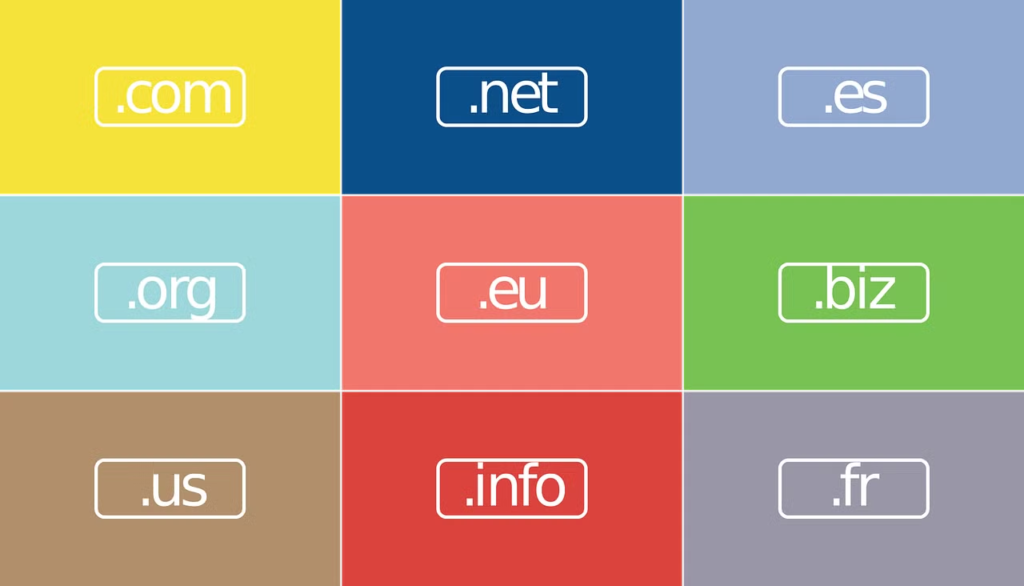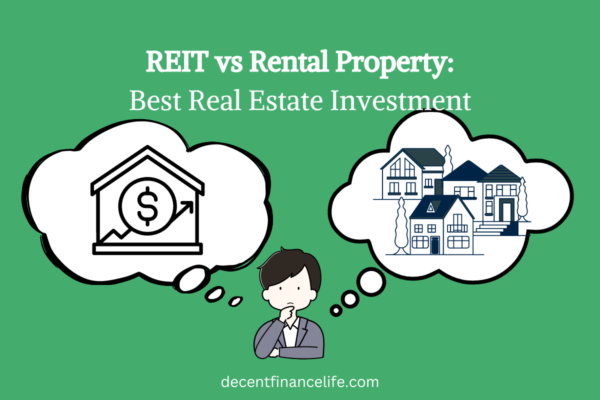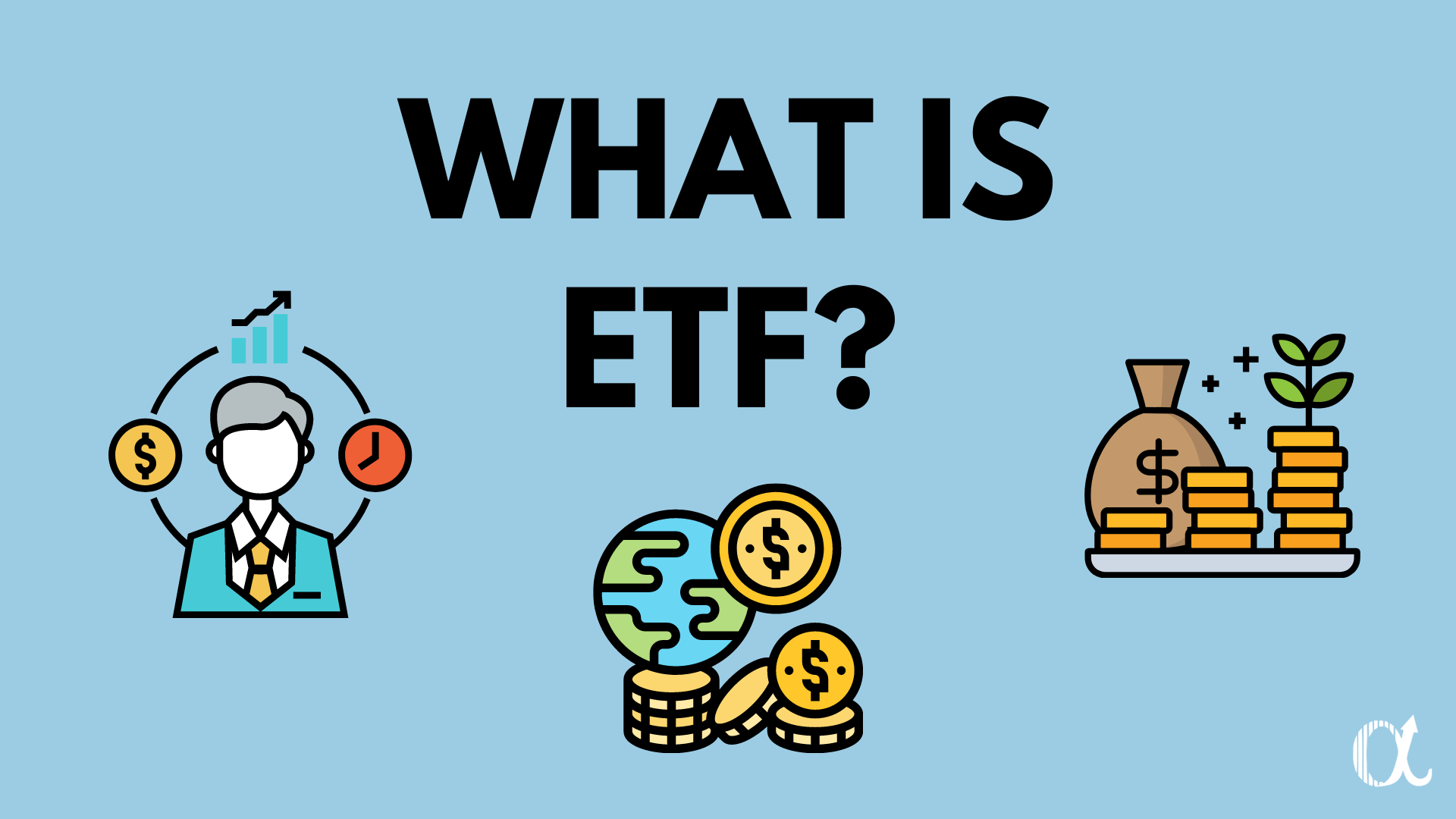Are you curious about digital real estate, primarily digital real estate investing for beginners? You are in the right place. If you are a beginner digital real estate investor looking to enter the world of digital real estate, understanding the basics of digital real estate is crucial.
Digital real estate is the virtual property that holds value and that people can buy, sell, and profit from. These properties can range from websites and blogs to social media accounts and online stores. Just like physical real estate, digital properties have the potential for high returns and offer various advantages over traditional investments.
One of the primary reasons to invest in digital real estate is the potential for high returns. They can generate passive income through advertising, affiliate marketing, and product sales. Moreover, owning and maintaining digital real estate’s operational costs are significantly lower than physical properties.
In this blog post, we’ll dive deeper into everything related to digital real estate investing for beginners and give you a detailed explanation.

What is Digital Real Estate?
First, you need to understand the digital real estate term before starting with anything. Digital real estate is all the virtual properties that function online that you can buy, sell, and monetize through various methods. With traditional physical real estate, you own land, buildings, or homes. With digital real estate, you own online properties with a brand that appreciates in value over time and generates income.
These properties can take various forms in the digital realm, including websites, blogs, e-commerce stores, domain names, social media accounts, apps, and software. Each of these assets represents a piece of digital real estate that can be leveraged to create a source of income or serve as a valuable investment.
Websites and blogs are perhaps the most common forms of digital real estate. They can be created and developed around specific topics or niches, attracting visitors and generating revenue through various means such as advertising, sponsored content, or selling products and services.
The value of digital real estate is determined by various factors, such as the quality of the content, the size of the audience or customer base, the potential for monetization, and the overall demand in the market. Understanding these basics is crucial for beginners looking to enter the world of digital real estate investing.
Why Invest in Digital Real Estate?

Investing in digital real estate has a lot of advantages and opportunities for those looking to grow their wealth and diversify their investment portfolio. If you are a beginner, you might wonder why investing in digital real estate is a wise decision for beginners?
The potential of High Returns
One of the primary reasons to invest in digital real estate is the potential for high returns. As the internet continues to play an increasingly significant role in our lives, the value of digital properties has skyrocketed. By strategically acquiring and developing digital assets, you have the opportunity to generate passive income streams and potentially achieve substantial capital appreciation over time.
Digital properties like websites, blogs, and e-commerce stores can generate revenue through various means, such as advertising, sponsored content, affiliate marketing, product sales, or subscription fees. With the right strategies and consistent effort, these income streams can grow significantly, offering a high return on your initial investment.
Lower Operational Costs
Digital real estate comes with significantly lower operational costs than physical real estate investments. When investing in physical properties, you must consider expenses like property taxes, maintenance, repairs, insurance, and more. In contrast, digital properties have minimal overhead costs.
Once you’ve acquired a digital property, the ongoing costs typically revolve around domain renewal, hosting fees, marketing expenses, and content creation. These costs are relatively affordable and can be significantly lower than the expenses of maintaining physical properties. This cost advantage allows you to allocate more resources towards growing and expanding your digital real estate portfolio.
Flexibility and Diversification
Investing in digital real estate provides you with a level of flexibility and diversification that is not easily achievable with physical properties. Unlike physical real estate, where your resources are tied to a specific location or building, digital assets can be owned and managed anywhere.
This flexibility allows you to diversify your investment portfolio across various digital properties and industries. Instead of relying on a single physical property for income, you can own multiple digital assets across different niches, targeting diverse audiences and markets. This diversification mitigates risk and provides stability to your investment portfolio.
Rising Demand for Digital Spaces
The demand for digital spaces continuously grows as more businesses and individuals shift their operations online. With the global increase in e-commerce, digital marketing, and remote work, the need for digital properties has become paramount.
Investing in digital real estate positions you to capitalize on this rising demand. By acquiring and developing digital assets that cater to specific industries or target audiences, you can tap into a market that shows no signs of slowing down. As the digital landscape expands, the value of your digital properties may appreciate, presenting opportunities for profitable sales or partnerships.
Potential for Passive Income and Scalability
One of the most appealing aspects of investing in digital real estate is the potential for passive income. By strategically monetizing your digital properties, you can generate income streams that require minimal ongoing effort. Once systems are in place and traffic is established, digital assets can generate revenue even while you sleep.
Additionally, digital properties offer scalability. Unlike physical properties, which have finite limitations, digital assets can be scaled up without significant additional costs. With the right strategies, you can expand your reach, attract more visitors or customers, and increase your revenue potential exponentially.
Types of Digital Real Estate Investments
When it comes to digital real estate investments, there are various types of assets that you can consider. Each type offers unique opportunities for income generation and growth. This section will explore the different types of digital real estate investments available for beginners.
Websites and Blogs

Websites and blogs are two of the most popular forms of digital real estate. These properties can be created around specific niches or topics, attracting visitors and generating revenue through various monetization methods. Websites and blogs can earn income through advertising, sponsored content, affiliate marketing, selling products or services, or even through memberships or subscriptions.
To invest in websites and blogs, you can either start from scratch by creating your own content or acquire existing websites that are already generating traffic and revenue. The key is to choose a niche that you love and has the potential for profitability.
E-commerce Stores

E-commerce stores are digital properties focused on selling products online. These stores can range from small independent shops to large-scale online marketplaces. With the increasing popularity of online shopping, investing in e-commerce stores can be highly lucrative.
To invest in e-commerce, you can either create your own online store or acquire existing stores that are already established. The success of an e-commerce store depends on factors such as product selection, marketing strategies, user experience, and customer service. By identifying profitable niches and implementing effective marketing tactics, you can generate significant revenue from your e-commerce store.
Domain Names

Domain names are unique web addresses that people type in their browsers to access specific websites. Premium domain names can be valuable digital assets that are short, memorable, and relevant to popular search terms. Investing in domain names involves acquiring valuable domains and reselling them at a higher price.
To invest in domain names, you can research and identify domain names with potential value. Look for domains that are short, easy to remember, and have relevance to popular keywords or industries. You can acquire domain names through domain marketplaces or auctions and then list them for sale to potential buyers.
Social Media Accounts

Billions of people on earth use at least one form of social media every day. Some use three or four social media channels each day, spending hours on them. These platforms, like Instagram, Twitter, etc., can also be considered as digital real estate. These platforms provide opportunities to build a large following and engage with an audience. You can monetize them through brand partnerships, sponsored posts, advertising, or by promoting your own products or services.
To invest in social media accounts, you can start by creating and growing your own accounts or acquire existing accounts with a significant following. The key is to provide valuable content, engage with your followers, and build a brand that attracts partnerships and sponsorships.
Apps and Software
Apps and software can also be valuable forms of digital real estate. Investing in apps and software involves developing or acquiring applications that solve specific problems or offer unique functionalities. These digital assets can generate revenue through app purchases, subscription fees, in-app advertisements, or by offering premium features.
To invest in apps and software, you can either develop or acquire existing applications. Consider market demand, user experience, and competition when choosing which apps or software to invest in. With the right strategies and marketing efforts, your digital products can become profitable assets.
How to Buy and Sell Digital Real Estate
Once you have decided on the type of digital real estate you want to invest in, you need to learn about how you are going to buy and sell digital real estate. In this section, we will explore the key steps involved in buying and selling digital real estate.
Finding Digital Properties for Sale
The first step to buying a digital real estate is finding properties that are available for purchase. There are several platforms and marketplaces dedicated to buying and selling digital assets.
These platforms include Flippa, Empire Flippers, Sedo, and DigitalPoint forums. The goal for you is to find a reputable marketplace with a history of successful transactions. These types of platforms provide listings of digital properties that are up for sale. Browse through the available properties and filter based on your criteria, such as niche, revenue potential, or asking price.
Additionally, networking within the digital real estate community can help you discover off-market opportunities. Engage with other investors, attend industry events, and join online forums and communities to stay informed about potential investment opportunities.
Assessing the Value of Digital Real Estate
Before making an investment, you have to be able to assess the value of the digital real estate you are interested in. This involves conducting due diligence to evaluate the potential profitability and risks associated with the property.
Each type of digital real estate has its own way of assessing its value. This could be the traffic a website is receiving, the downloads an app has, or something similar. It has to be sort of tangible and provide value to the customers.
Negotiating and Closing the Deal
Once you have identified a digital property that aligns with your investment goals and have assessed its value, the next step is to start the deal and close it. Reach out to the seller or their representative to show your interest and start the negotiation process.
During these negotiations, you can discuss the price, whether they can lower it, what they can do to help you find common ground, or something similar. Also, ask about the terms of the sale and any additional considerations, such as the transfer of assets or intellectual property rights. Prepare yourself to negotiate and find a mutually beneficial agreement.
Once the negotiations are complete, it’s time to close the deal. This typically involves legal documentation and the transfer of assets. You can use a lawyer or a trusted escrow service to ensure a smooth and secure transaction.
Selling Your Digital Property
Buying digital real estate comes with these several steps. On the other hand, you might be interested in selling your digital property. This could be to make a profit off of your initial buying price, or you could just want to sell something you built.
The selling process is similar to buying but in reverse. Determine the value of your asset based on factors such as revenue, traffic, growth potential, and market demand. List your property for sale on reputable marketplaces or reach out to potential buyers within your network.
When negotiating the sale, be prepared to provide documentation and data that supports the value of your digital property. Discuss the terms of the sale, transfer of assets, and any post-sale support or training that may be required.
Once an agreement is reached, finalize the sale by ensuring all legal documentation is completed, and the transfer of assets is executed. Use escrow services or legal professionals to protect the transaction and ensure a smooth transfer of ownership.
Maintaining and Growing Your Digital Real Estate
Once you have your digital real estate, it’s important to focus on maintaining and growing its value. This section will cover key strategies and considerations for effectively managing and expanding your digital assets.
Improving SEO and Web Traffic
Search engine optimization (SEO) plays a crucial role in driving organic traffic to your digital properties. You have to optimize your website or blog for relevant keywords, enhance the user experience, and build quality backlinks to improve your rankings and attract more visitors.
Invest in keyword research to identify high-demand and low-competition keywords that align with your niche. Create original content that is high in quality and provides value to your audience. Optimize your on-page elements such as titles, meta descriptions, and headers. Focus on building quality backlinks through guest posting, influencer collaborations, or content partnerships.
Regularly monitor your SEO performance using tools like Google Analytics or SEMrush. Analyze your traffic sources, user behavior, and conversion rates. Continuously refine your SEO strategies to stay competitive and drive consistent traffic to your digital properties.
Leveraging Social Media
Social media platforms offer an excellent opportunity to promote and grow your digital real estate. Establish a strong presence on platforms that align with your target audience and engage with them regularly. This also creates a brand around your digital real estate.
Create compelling and shareable content that resonates with your followers. You can use social media management tools to schedule posts, monitor engagement, and analyze metrics. Collaborate with influencers or other relevant brands to expand your reach. Encourage user-generated content and foster community engagement.
Stay up to date with social media trends and algorithm changes to optimize your strategy. Experiment with different types of content, such as videos, images, or live streams, to diversify your social media presence. Consistency and authenticity are key to building a strong social media following and driving traffic to your digital properties.
Regular Updating and Maintenance
It’s important to regularly update and maintain your properties to maintain the value of your digital real estate. Keep your website or blog content fresh and relevant by publishing new articles, updating existing content, and addressing user comments or inquiries.
Keep your social media accounts active by posting consistently, engaging with your audience, and staying on top of trends and conversations in your industry.
Regular maintenance and updates demonstrate your commitment to providing a quality user experience and can contribute to the long-term success and value of your digital properties.
Monetization Strategies
Maximizing the monetization potential of your digital real estate is crucial for generating a return on your investment. Explore various monetization strategies based on the type of digital property you own.
Continuously evaluate and refine your monetization strategies based on user feedback, industry trends, and market demand. The key is to strike a balance between generating revenue and providing value to your audience.
Conclusion to Digital Real Estate Investing for Beginners
Digital real estate is a tough challenge and it is not easier to get started to it if you are a beginner. You need to understand what digital real estate investing is, how beginners can make profit from it, what are the types that fit you the best, and many other things. To many, starting digital real estate investing as a beginner looks daunting but digital real estate investing for beginners is actually not that hard.
Get started to learning about it in detail, spend your time and effort, and take some risks. In time, you will learn every bit of it.




